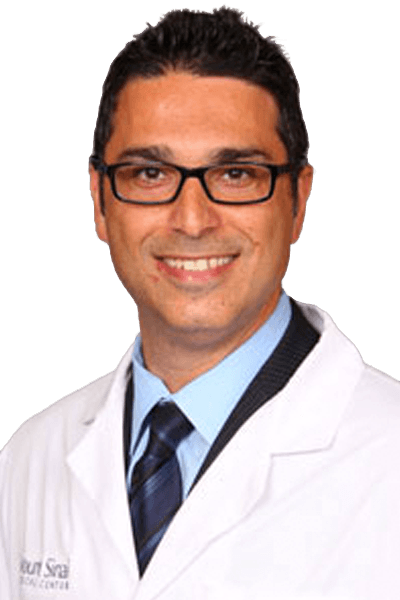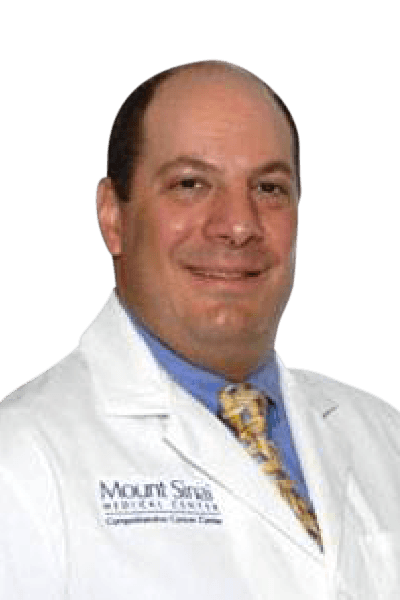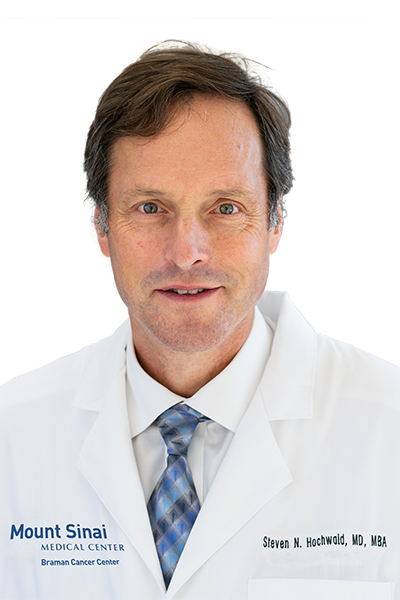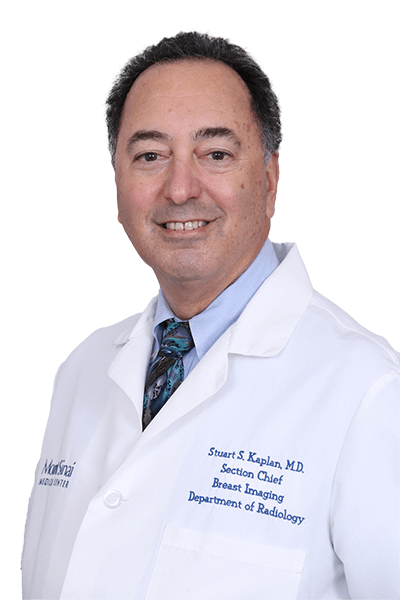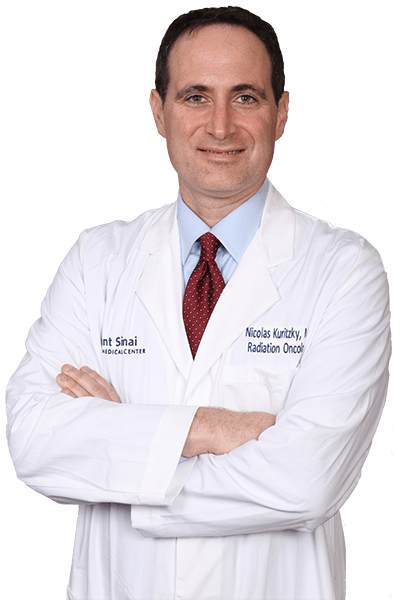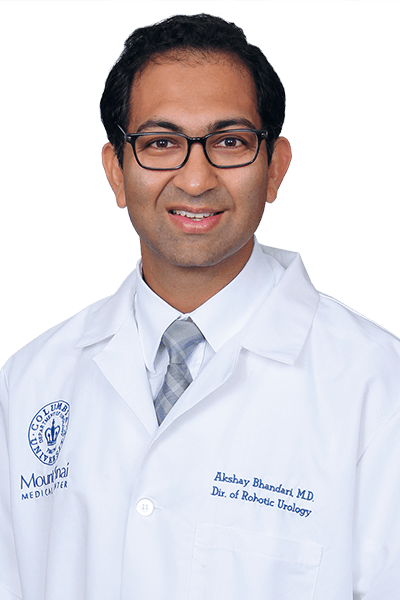Breast Cancer Risk Factors & Symptoms
Breast cancer is the leading cause of cancer death among women of all races in the United States, with one of every eight women susceptible to the disease during her lifetime. No one knows the exact causes of breast cancer. Physicians can seldom explain why one woman gets breast cancer and another does not, but we do know that bumping, bruising, or touching the breast does not cause breast cancer. However, research has shown that women with certain risk factors are more likely than others to develop breast cancer. A risk factor is anything that increases the chance of developing a disease.
Breast Cancer Risk Factors
Studies have found the following risk factors for breast cancer:
- Age: The chance of getting breast cancer goes up as a woman gets older. A woman over age 60 is at greatest risk. The disease is not common before age 40.
- Personal history of breast cancer: A woman who has had breast cancer has an increased risk of getting the disease again in either breast.
- Family history: A woman’s risk of breast cancer is higher if her mother, sister, or daughter had breast cancer, especially before menopause or at a young age (before age 40). Having other relatives with breast cancer on either her mother’s or her father’s side of the family may also increase a woman’s risk.
- Certain breast changes: Some women have cells in the breast that look abnormal under a microscope. Having certain types of abnormal cells (atypical hyperplasia or lobular carcinoma in situ/Lobular neoplasia [LCIS]) increases the risk of breast cancer.
- Genetic alterations: Changes in certain genes (BRCA1, BRCA2, and others) increase the risk of breast cancer. In families in which many women have had the disease, genetic testing can sometimes show the presence of specific genetic changes. Health care providers may suggest ways to try to reduce the risk of breast cancer, or to improve the detection of this disease in women who have these changes in their genes.
- Reproductive and menstrual history:
- The older a woman is when she has her first child, the greater her chance of developing breast cancer.
- Women who began menstruation (had their first menstrual period) at an early age (before age 12), went through menopause late (after age 55), or never had children also are at an increased risk.
- Women who take menopausal hormone therapy (either estrogen alone or estrogen plus progestin) for 5 or more years after menopause also appear to have an increased chance of developing breast cancer.
- Much research has been done to learn whether having an abortion or a miscarriage affects a woman’s chance of developing breast cancer later on. Large, well-designed studies have consistently shown no link between abortion or miscarriage and the development of breast cancer.
- Radiation therapy to the chest: Women who had radiation therapy to the chest (including breasts) before age 30 are at an increased risk of breast cancer. This includes women treated with radiation for Hodgkin’s lymphoma. Studies show that the younger a woman was when she received radiation treatment, the higher her risk of breast cancer later in life.
- Breast density: Women who have mostly dense (not fatty) tissue on a mammogram (X-ray of the breast) are at increased risk of breast cancer.
- Taking DES (diethylstilbestrol): DES is a synthetic form of estrogen that was given to some pregnant women in the United States between about 1940 and 1971. (DES is no longer given to pregnant women.) Women who took DES during pregnancy have a slightly increased risk of breast cancer. This does not yet appear to be the case for their daughters who were exposed to DES before birth. However, as these daughters grow older, more studies of their breast cancer risk are needed.
- Being obese after menopause: After menopause, women who are obese have an increased risk of developing breast cancer. Being obese means that the woman has an abnormally high proportion of body fat. Because the body makes some of its estrogen (a hormone) in fatty tissue, obese women are more likely than thin women to have higher levels of estrogen in their bodies. High levels of estrogen may be the reason that obese women have an increased risk of breast cancer. Also, some studies show that gaining weight after menopause increases the risk of breast cancer.
- Physical inactivity: Women who are physically inactive throughout life appear to have an increased risk of breast cancer. Being physically active may help to reduce risk by preventing weight gain and obesity.
- Alcoholic beverages: Some studies suggest that the more alcoholic beverages a woman drinks, the greater her risk of breast cancer.
Other possible risk factors are under study. Many risk factors can be avoided. Others, such as family history, cannot be avoided. It is helpful to be aware of risk factors, but it is also important to keep in mind that most women who have these risk factors do not get breast cancer. Also, most women who develop breast cancer have no history of the disease in their family. In fact, except for growing older, most women with breast cancer have no strong risk factors. Still, a woman who thinks she may be at risk of breast cancer should discuss this concern with her health care provider to discuss ways to reduce risk and plan an appropriate schedule for checkups.
Breast Cancer Symptoms
Breast cancer can cause changes that women should watch for:
- Change in how the breast or nipple feels and look
- lump or thickening in or near the breast or in the underarm area
- nipple tenderness
- change in the size or shape of the breast
- nipple is turned inward into the breast
- skin of the breast, areola, or nipple may be scaly, red, swollen or have ridges or pitting like the skin of an orange.
- Nipple discharge (fluid)
Although early breast cancer usually does not cause pain, a woman should see her health care provider about breast pain or any other symptom that does not go away. Most often, these symptoms are not cancer, but it is important to check with your healthcare provider.
Our Physicians
Kfir Ben-David, MD
Roni Jacobson Endowed Chairman of Surgery
Program Director, General Surgery Residency
- Cancer
- General Surgery
- Surgical Oncology
- Robotic Surgery
- Bariatric
- Gastroenterology
- Mount Sinai Medical Center (Main Campus)
- 305.674.2397
Mike Cusnir, MD
Chief, Division of Hematology & Oncology
Co-Director, Gastrointestinal Malignancies
Assistant Professor at the Columbia University Division of Hematology/Oncology at Mount Sinai Medical Center
- Cancer
- Oncology
- Medical Oncology
- Hematology/Oncology
- Mount Sinai Medical Center (Main Campus)
- (305) 535-3300
- Mount Sinai Emergency Center, Physician Offices, Cancer Center and Diagnostic Center Aventura
- (305) 692-5400
Steven N. Hochwald, MD, MBA, FACS
Director of the Comprehensive Cancer Center
Chief of Surgical Oncology
Associate Director of the Mount Sinai-Columbia University affiliation at Mount Sinai Medical Center
- Surgical Oncology
- Cancer
- Esophageal Cancer
- Gastric Cancer
- Pancreatic Cancer
- Liver Cancer
- Metastatic Cancer to Liver
- Gastrointestinal and Endocrine Tumors and Associated Malignancy
- Mount Sinai Medical Center (Main Campus)
- 305.674.2397
Stuart S Kaplan, MD
Chief, Section of Breast Imaging, Breast Ultrasound and MRI, and Breast Interventional Procedures
- Cancer
- Oncology
- Radiology
- Breast Imaging
- Mount Sinai Medical Center (Main Campus)
- 305.674.2121
- Mount Sinai Medical Center (Main Campus)
- 305.535.3400
- Mount Sinai Emergency Center, Physician Offices, Cancer Center and Diagnostic Center Aventura
- 305.692.5400
Akshay Bhandari, MD
Co-Chief, Columbia University Division of Urology at Mount Sinai Medical Center
Director, Robotic Surgery
Assistant Professor at the Columbia University Division of Urology at Mount Sinai Medical Center
- Urology
- Cancer
- Oncology
- Robotic Surgery
- Urologic Oncology
- Mount Sinai Medical Center (Main Campus)
- 305.674.2499
- Mount Sinai Emergency Center, Physician Offices, Cancer Center and Diagnostic Center Aventura
- 305.692.1080


